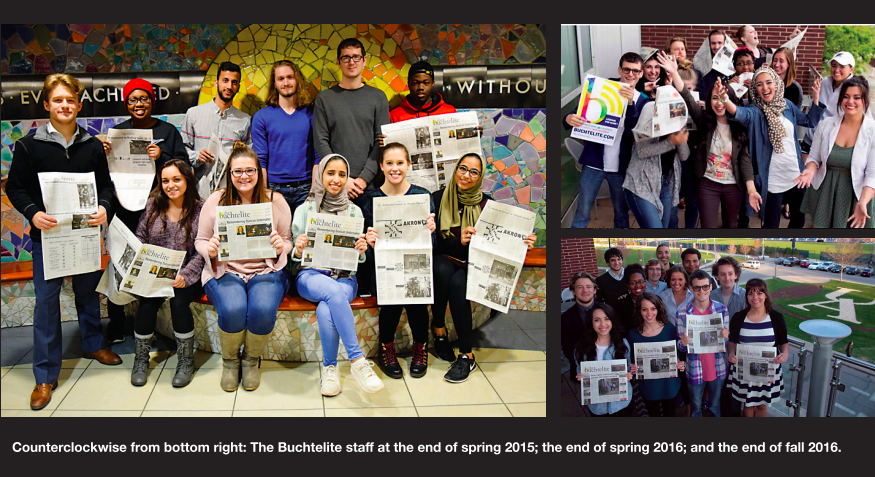“Gang violence may be growing in Akron, but the community’s resolve to end gang growth is attempting to keep pace. The Akron Police Department recently received two grants that will be used to combat gang violence. The Edward Byrne Memorial Discretionary Grants program specifically focuses on gangs, and a grant from the U.”
“
Gang violence may be growing in Akron, but the community’s resolve to end gang growth is attempting to keep pace.
The Akron Police Department recently received two grants that will be used to combat gang violence. The Edward Byrne Memorial Discretionary Grants program specifically focuses on gangs, and a grant from the U.S. Department of Justice concentrates on exterminating methamphetamine labs.
Combined, the grants total over $1 million.
This is not the first time a gang grant has been awarded to the Akron area. Earlier this year, the Summit County prosecutor’s office received the Gang Resistance Education and Training grant, or G.R.E.A.T. grant.
We are continuously seeking grants, Akron Police Sergeant Eric Paull said. We have a lot of gang activity, and we’re able to show a need for these grants.
Paull is a member of the team of administrators in charge of applying for the grants.
Part of the grants will be used in a partnership with the University of Akron through David Lictate, a professor of criminal justice technology.
I had previously worked with the Akron Police Department in an advisory role in homeland security, Licate said. The Akron Police Department was interested in working with the University of Akron in crime analysis and intelligence, and I had a relationship already established.
Licate said his focus was on developing better intelligence for the police force, and specifically, to combat gangs with his developed intelligence.
According to Licate, his previous experience in homeland security will assist him in his current task. Intelligence is the product of information and analysis, he said. It is an important and part of local police activity.
The police force operates in crisis mode – they operate on a day-to-day basis. What I’m seeing is it’s hard to make them look ahead, he said. It’s like with students, you’re too busy to think about next week because you’re worried about what’s due today.
Licate said his research helps police gain insight into the future, and maximizes their strategy. In some ways, gang violence can be compared to terrorism.
When we combat terrorism, the idea is to generate intelligence, he said. It’s the same way with gangs.
We’re developing an analytical function, writing a protocol, developing a system and using the information system and analysis to better direct resources.
The biggest problem, Licate said, is that too much information and not enough analysis is available.
An example would be what happened at Virginia Tech, he said. They had the information, but there wasn’t enough analysis to put together intelligence until it was too late.
Licate believes this breakthrough is the future of policing.
If it works, we’re able to transform their organization, he said.
It’s pretty exciting, and I think we’re on the cutting edge here. We’ve had some of the best intelligence classes, and now we’re trying out what we’re doing in the classroom in real life. I’ve got high hopes for the future.
Licate said he had a prior relationship with the Akron Police Department, which sparked his interest in the intelligence.
“



